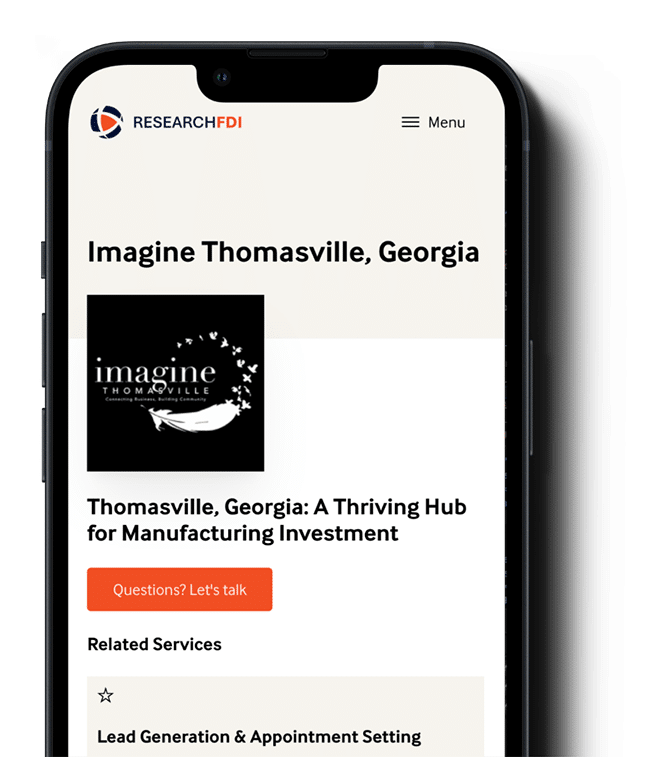Outward direct investment (ODI) is a form of business strategy in which a domestic firm expands operations into a foreign country. Also called outward foreign direct investment or direct investment abroad, ODI can take on a variety of different forms, depending on the company.
For example, some companies will make a greenfield investment — a type of foreign direct investment in which a parent company creates a subsidiary in a different country — building its operations from the bottom up. Another example of ODI occurs when a merger or acquisition takes place in a foreign country. Often, a company could decide to expand an existing foreign facility as part of an ODI strategy.
ODI is a natural transition for firms whose domestic markets become saturated and other profitable opportunities are available abroad. Traditionally, American, European, Chinese, and Japanese firms have long made extensive investments outside of their domestic markets. Good examples of North American companies include Starbucks, McDonald’s, and Ford.
Take note not to confuse the two. Foreign direct investment (FDI) occurs when a company purchases an interest in a company by a company located outside its own borders. ODI occurs when a resident company invests in a wholly-owned subsidiary (or joint venture) in a non-resident country, in order to expand the business.
- More from ResearchFDI:
Oftentimes, the extent of a country’s outward direct investment can be indicative that said country’s economy is matured and experienced. ODI increases a country’s investment competitiveness and has proven to be a crucial and effective strategy for sustainable long-term growth.
Emerging countries often receive large amounts of ODI, due to the market’s more rapid growth rates. China has been a good example of this, over the past 20 years. In 2015, Chinese overseas investment exceeded FDI in China for the first time. A year later, China’s ODI peaked and the country spent $170 billion in the foreign market. In 2017, China began an ODI trend that has been continuing. By 2019, China became the second-largest beneficiary of foreign investment.
The benefits of Overseas Direct Investment (ODI):
- Improves the host country’s finances
- For example, firms that set up operations in host countries are subject to local tax laws and often significantly boost the host country’s tax revenues.
- Helps a country’s balance of payments
- Since portfolio investments can be volatile, a country’s financial circumstances could worsen if investors suddenly withdrew their funds.
- Overall productivity improvement productivity
- Increased employment, improved productivity, and overall economic growth. Increased competition from foreign firms, whether new or acquired, often forces competitors to increase their productivity so that they don’t go out of business.
- Knowledge transfer
- Host countries can benefit from a transfer of knowledge and technology.
- Provides additional employment
- Advanced economies attract direct investment because of their stable policies, pool of skilled workers, and sizable markets. Creates new facilities and jobs for developing economies.




